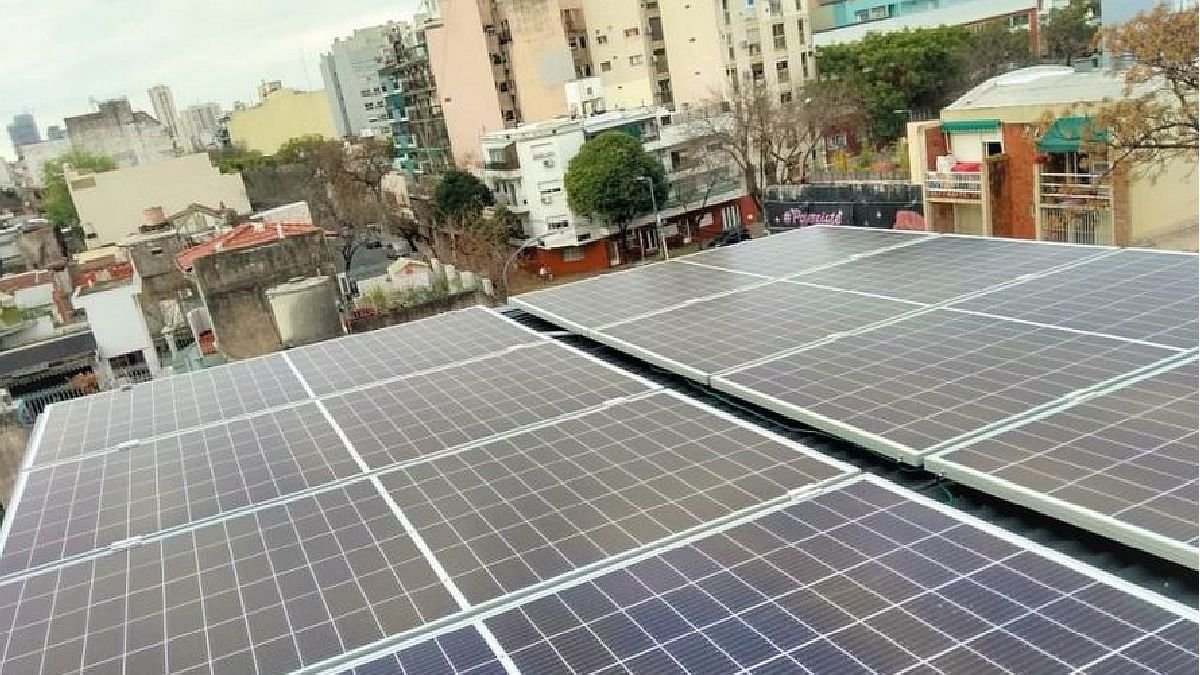The solar energy has gained ground in Argentine homes as a solution efficient and sustainable to reduce energy bills and reduce carbon footprint.
If you are considering joining this green revolution, here is a simple guide to choosing the right solar equipment for your home.
1. Evaluate the energy needs of your home:
The first step is to know how much energy you consume. It is important to consult with qualified personnel who will help you review and understand your electricity bills from recent months to obtain an average of your consumption. This information will help you size the solar system you need.
2. Define what your energy goals are:
Consider what you are looking for for your home. Reduce electricity bill? Ensure a constant supply of energy in the event of frequent outages? Depending on your needs, you can opt for a system more focused on energy efficiency or one that prioritizes storage capacity.
The technology of photovoltaic kits varies and adapts to different needs. For example, inverters convert solar energy from direct current to alternating current and must be highly efficient to maximize the use of the captured energy. On the other hand, storage batteries play a crucial role, especially in areas where power outages are frequent or in homes seeking energy autonomy. These allow the energy generated to be stored for use at night or during power outages, ensuring that devices such as refrigerators, alarms or Wi-Fi continue to work.
When choosing a solar energy system, it is essential to understand that it is not just about selecting solar panels. The complete equipment includes other critical components such as inverters and batteries, the quality of which is as important as that of the panels.
GE.png
3. Analysis of initial investment and return:
A solar system is a long-term investment. Analyze the initial costs, including installation and equipment, to compare this with the projected savings on your electricity bills. Most solar systems pay for themselves within a few years. In addition, they are systems that allow expansion and the incorporation of more panels to increase their capacity.
4. Choose a reliable supplier:
Consider companies with proven experience and good references. A good supplier will not only offer you quality in the system components, but also more qualified advice, professional installation, after-sales service, safety certifications and guarantees.
5. Benefits of having solar panels:
The possibility of accessing specific loans for this type of projects, sustainable or green loans. Some jurisdictions offer tax incentives or subsidies for installing solar systems. Thanks to the distributed generation law, according to the electricity supplier, you have the possibility of injecting the surplus into the electrical grid and obtaining a profit for it.
Co-Founder of GoodEnergy.
Source: Ambito
David William is a talented author who has made a name for himself in the world of writing. He is a professional author who writes on a wide range of topics, from general interest to opinion news. David is currently working as a writer at 24 hours worlds where he brings his unique perspective and in-depth research to his articles, making them both informative and engaging.




